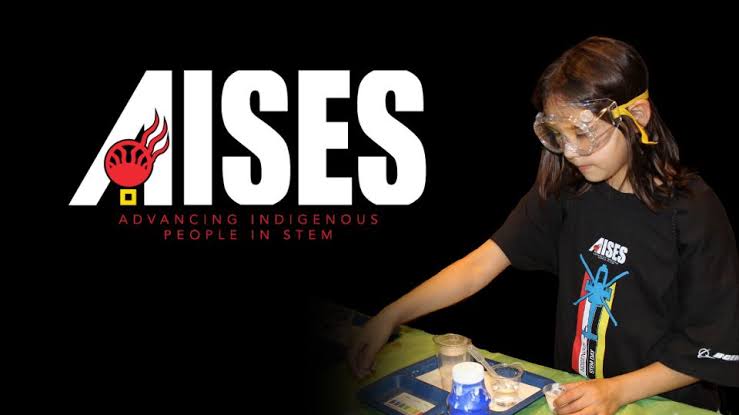
Canada stands as one of the most sought-after destinations for international students, thanks to its world-class education system, comparatively affordable tuition fees, and strong post-graduate opportunities. With top-ranked universities, a diverse and welcoming culture, and a wealth of scholarships, Canada attracts thousands of students from around the globe every year.
This comprehensive guide will walk you through everything you need to know about studying in Canada—from scholarships and financial aid to visa requirements and the admissions process.
Why Choose Canada for Your Studies?
1. World-Class Education
Canada is home to some of the world’s leading universities, including the University of Toronto, McGill University, and the University of British Columbia. These institutions consistently perform well in global rankings and offer high-quality programs across various fields.
2. Affordable Tuition Fees
Compared to countries like the USA, UK, and Australia, Canadian tuition fees are generally more budget-friendly, making it a smart investment for international students.
3. Valuable Post-Graduation Work Options
After graduation, students can apply for the Post-Graduation Work Permit (PGWP), which allows them to gain Canadian work experience—often a stepping stone to permanent residency.
4. Pathway to Permanent Residency
Programs like the Canadian Experience Class (CEC) under the Express Entry system enable international graduates to transition into permanent residents.
5. Safe, Diverse, and Welcoming
Canada is known for its safety, cultural diversity, and inclusive environment, providing a supportive space for international students to thrive.
Top Scholarships for International Students in Canada
1. Government-Funded Scholarships
- Vanier Canada Graduate Scholarships – Offers up to CAD 50,000 per year for doctoral students.
- Canada-ASEAN Scholarships and Educational Exchanges for Development (SEED) – Provides financial support for students from ASEAN member states.
- Banting Postdoctoral Fellowships – Supports international postdoctoral researchers with funding of CAD 70,000 per year.
2. University-Specific Scholarships
- University of Toronto Lester B. Pearson International Scholarship – Covers full tuition, books, and living expenses.
- UBC International Leader of Tomorrow Award – Provides financial assistance based on need and academic merit.
- York University International Student Scholarship Program – Offers up to CAD 35,000 per year for undergraduate students.
3. Privately Funded Scholarships
- The Trudeau Foundation Scholarships – Provides funding for PhD students in social sciences and humanities.
- MasterCard Foundation Scholars Program – Supports students from Africa with tuition, accommodation, and living expenses.
Financial Aid Options for International Students
- University Grants & Bursaries
Many institutions offer need- or merit-based grants to help with tuition and living expenses. - Part-Time Employment
Students can work up to 20 hours per week during semesters and full-time during breaks. - Private Student Loans
Though government loans are for Canadian citizens, some banks offer loans to international students with a co-signer. - Co-op & Internship Programs
Co-op placements offer hands-on, paid work experience in your field of study.
Applying for a Canadian Student Visa
Step 1: Receive an Acceptance Letter from a Designated Learning Institution (DLI)
Step 2: Prepare the Required Documents
- Valid passport
- DLI acceptance letter
- Proof of financial support
- Statement of purpose
- Medical exam (if needed)
Step 3: Apply for a Study Permit
Apply online via the IRCC website or through a Visa Application Centre in your country.
Step 4: Attend a Visa Interview (if required)
Some applicants may need to attend an interview at the local Canadian embassy or consulate.
Step 5: Biometric & Medical Exams
Submit biometric data and complete any required medical tests.
Step 6: Receive Your Study Permit
If approved, you’ll receive a Port of Entry (POE) Letter of Introduction to present upon arrival in Canada.
Admission Process for International Students
1. Select Your Program and University
Consider factors like rankings, tuition fees, scholarships, and career prospects.
2. Meet Entry Requirements
Typical requirements include:
- High school diploma or undergraduate degree
- Proof of English proficiency (IELTS, TOEFL, PTE)
- Statement of Purpose (SOP)
- Letters of recommendation
3. Submit Your Application
Most universities have online application portals. Expect to pay an application fee.
4. Await Admission Decision
Once admitted, you’ll receive an official offer letter.
5. Accept the Offer and Apply for a Study Permit
Pay the tuition deposit and begin your visa application process.
Estimated Cost of Studying in Canada
Tuition Fees (per year):
- Undergraduate: CAD 15,000 – CAD 35,000
- Master’s: CAD 17,000 – CAD 45,000
- Doctoral: CAD 7,000 – CAD 25,000
Living Expenses (monthly/yearly):
- Rent (shared): CAD 500 – CAD 1,500
- Food & Groceries: CAD 300 – CAD 600
- Transportation: CAD 100 – CAD 200
- Health Insurance: CAD 600 – CAD 900 (annually)
Tips for International Students in Canada
- Start Scholarship Applications Early – Many are highly competitive.
- Improve Your English Skills – Aim for IELTS 6.5+ or TOEFL 90+.
- Work Part-Time – Support your living costs and gain local experience.
- Stay Updated on Immigration Policies – Be aware of changes in visa and PR options.
- Use Campus Resources – Take advantage of support services, academic advising, and career counseling.
Final Thoughts
Canada offers a unique blend of academic excellence, cultural diversity, and pathways to long-term opportunities. By planning ahead, researching your options, and staying proactive with applications and documentation, you can turn your dream of studying in Canada into a reality.
Start early. Stay informed. Make it happen.






